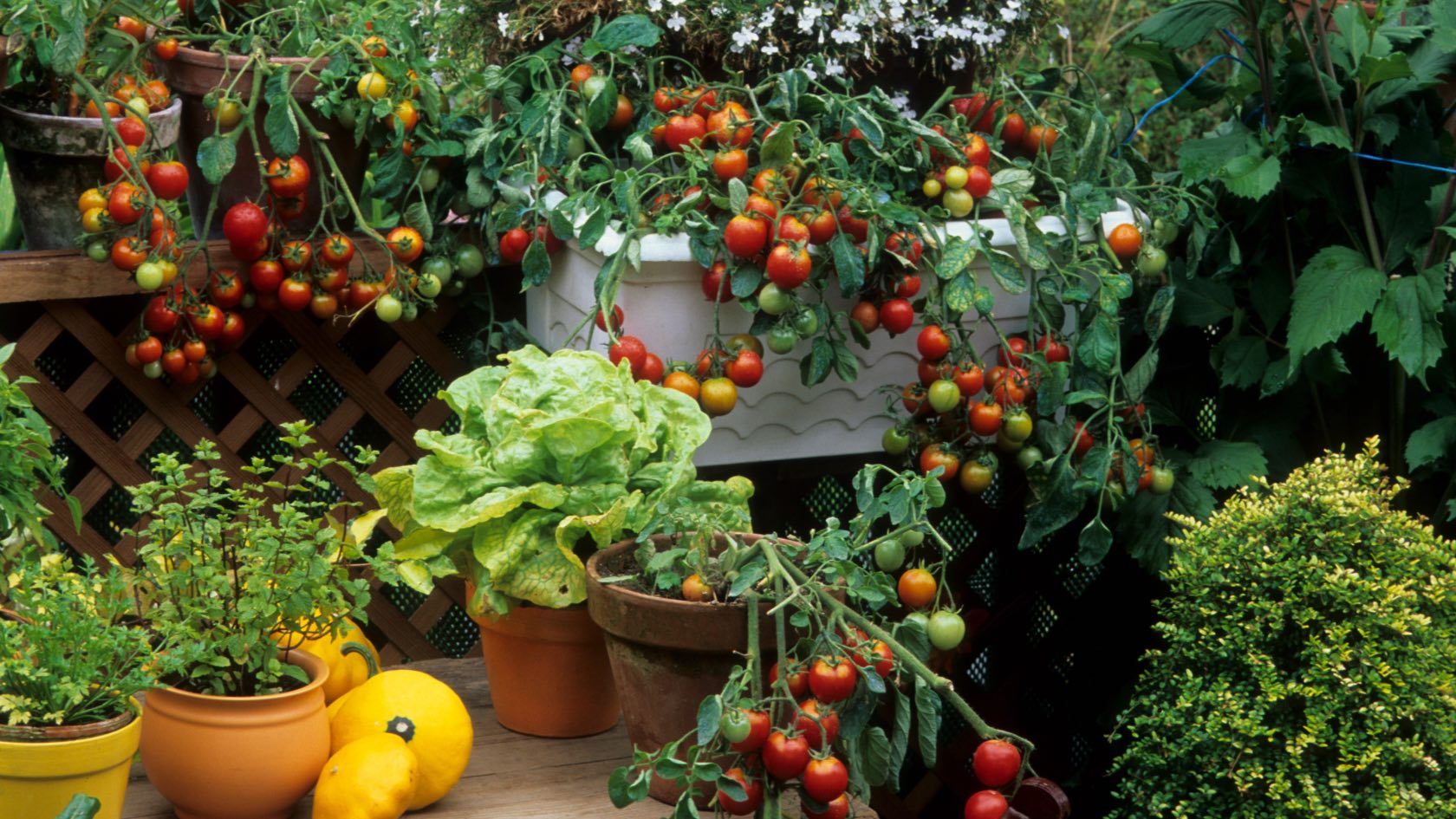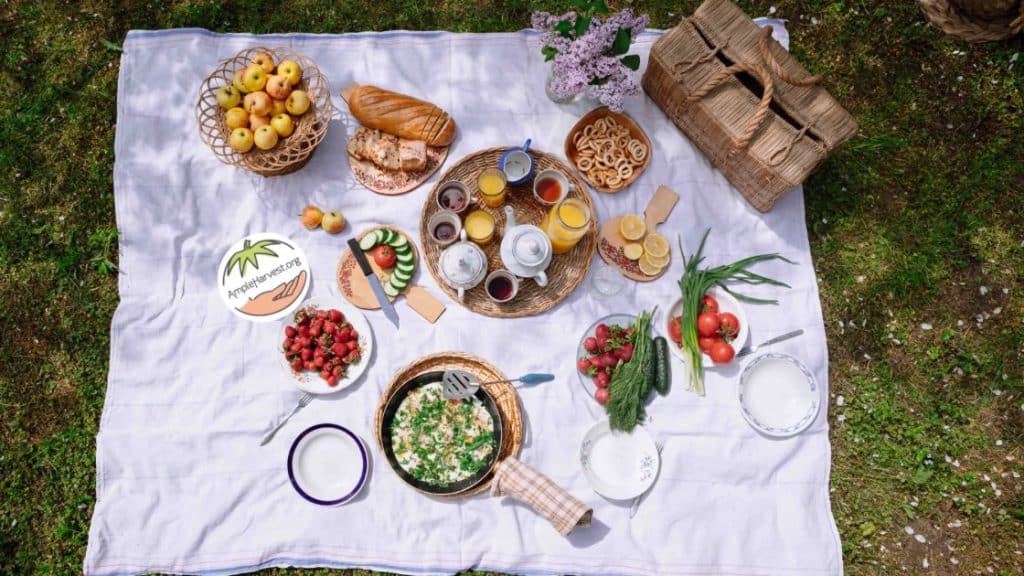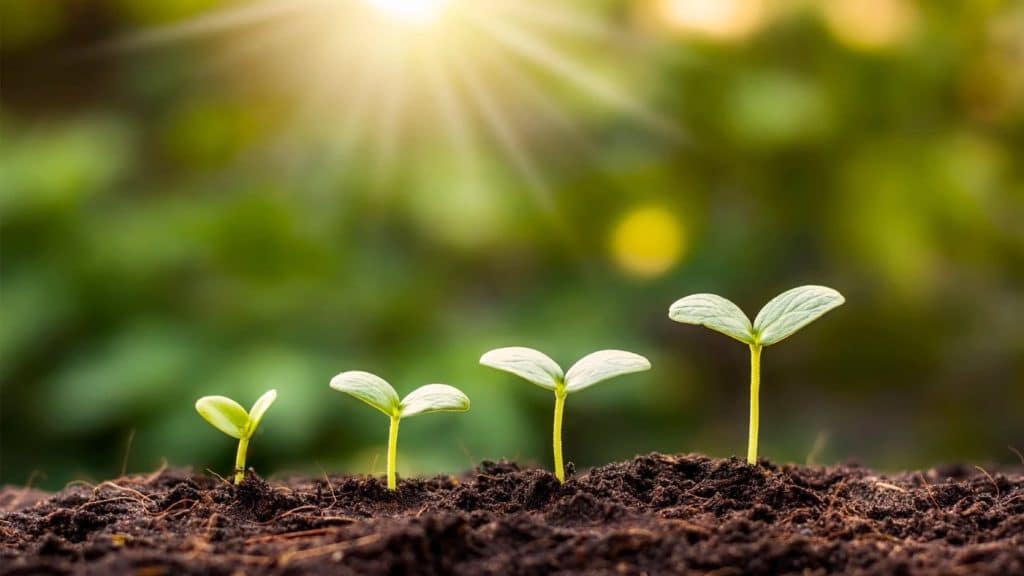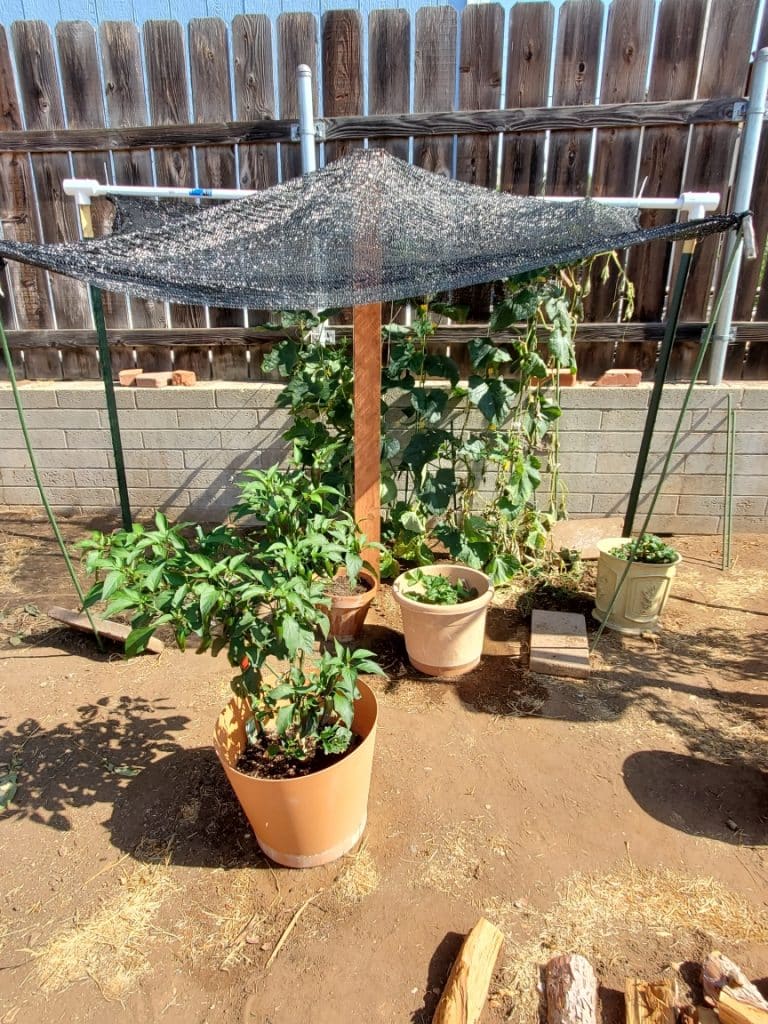At a period in our economy where and rental agreements are more enticing than homeownership, it’s not uncommon to settle for real estate with limited square-footage, and in some cases little to no outdoor space at all. In today’s realty landscape, occupying enough space to maintain a homestead or garden can easily feel distant for those residing in urban or developed areas.
But for those sporting a green thumb or yearning for homegrown produce, hope is not lost with the absence of acreage.
Urban dwellers rejoice! Lacking a formal backyard does not necessarily eliminate the possibility of growing and nurturing your own garden. In fact, some plants even thrive in more compact, upright spaces, making limited outdoor surface area a lesser issue. In addition to time, research, and a little bit of patience, all you really need to enable a small-scale garden are the right materials and access to sunlight and water.
However, if developing a balcony or patio garden sounds a bit…well, lofty… take some advice from Natalia G., who started as a small-scale gardener in Washington, D.C. Despite beginning her planting journey in an apartment building, she doesn’t let lack of space keep her balcony oasis from thriving and attributes her success to the process of trial-and-error.
“I’m not going to lie and say that it’s a piece of cake because you need to accurately predict how much soil your plants will need in order to use your space most efficiently,” she says. “But the payoff will be worth the trouble!”
Check out a few tips for the aspiring small-scale gardener:
- Don’t let lack of square footage discourage you. Some plants thrive in close, upright quarters!
- Make sure your plants have enough access to daily sunlight and provide ample shade for those that require less to thrive.
- Utilize your balcony or terrace as a trellis.
- Note: Ensure your lease or rental agreement permits growing large plants on your property.
- Share the wealth! Prevent food waste by sharing your harvest with neighbors or donating surplus produce to your local food bank.
For more information on how you can make a difference in your community by gardening, check out our FAQ for gardeners.



